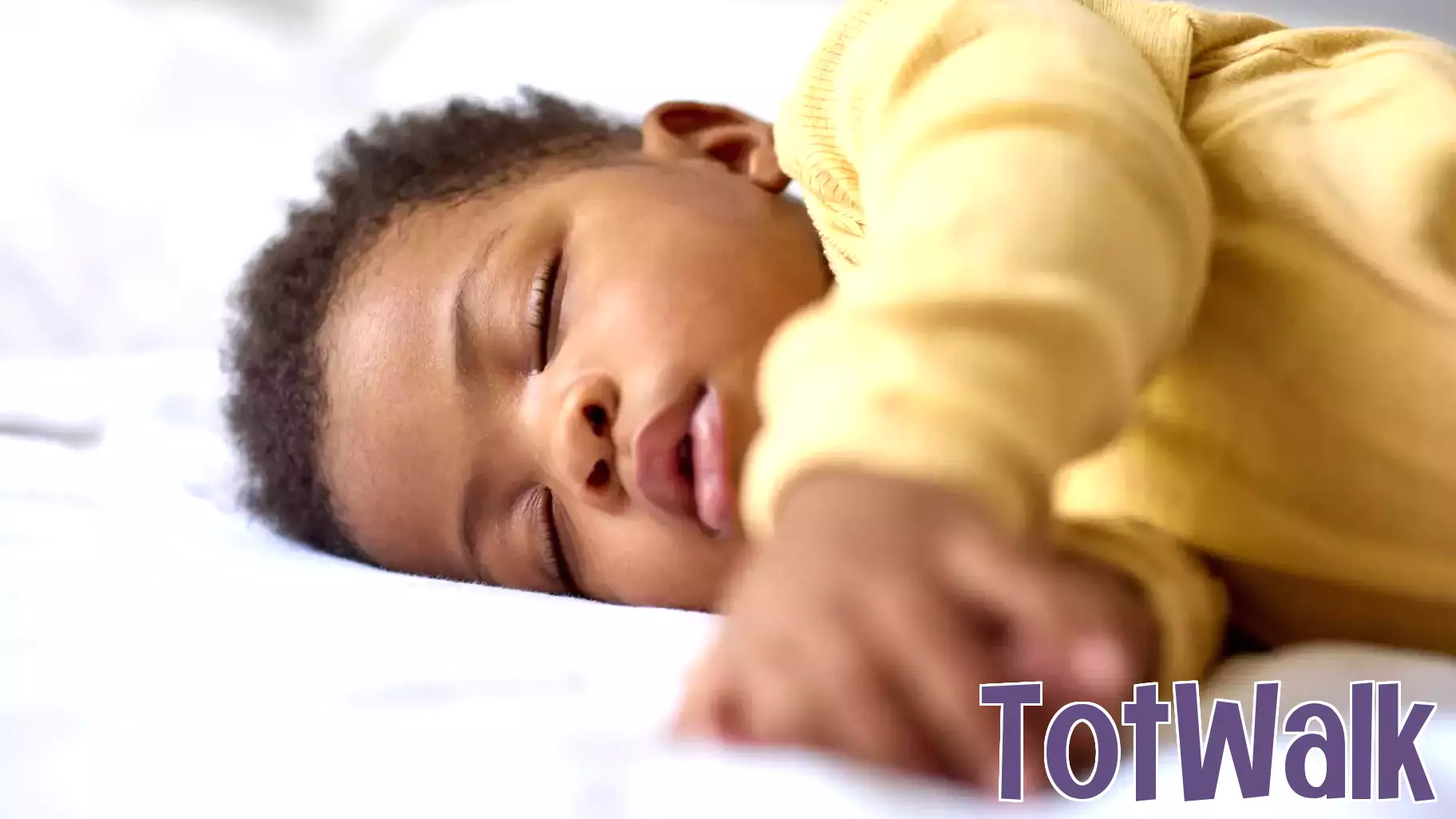Sleep Disruptions in Infants Linked to Autistic Traits
May 12, 2025 - 01:33

Recent findings indicate a concerning correlation between sleep disturbances in infants and the development of autistic traits later in life. Research highlights that sleep issues are prevalent among children on the autism spectrum, with studies showing that as many as 86 percent of these children experience significant sleep-related challenges. These challenges often manifest as reduced sleep duration, frequent awakenings throughout the night, and prolonged periods before falling asleep.
The implications of these findings are profound, as sleep is essential for healthy growth and development in early childhood. Insufficient sleep can affect cognitive function, emotional regulation, and overall well-being. Experts emphasize the importance of monitoring sleep patterns in infants and addressing any issues promptly. Early intervention may not only improve sleep quality but could also potentially mitigate the risk of developing autistic traits. This highlights the need for parents and caregivers to prioritize healthy sleep habits from an early age to support optimal developmental outcomes.
MORE NEWS

February 25, 2026 - 05:04
Yuvraj Singh opens up about early childhood, father Yograj’s strict parenting: ‘He was always a coach’Cricket legend Yuvraj Singh has offered a poignant glimpse into his early childhood, detailing the unique and often challenging dynamic shaped by his father, former cricketer Yograj Singh. The...

February 24, 2026 - 00:55
Shah Rukh Khan Fatherhood: How Shah Rukh Khan balances fame and fatherhood | - The Times of IndiaFor decades, Shah Rukh Khan has been a colossal figure in global cinema, a superstar whose face is recognized by millions. The demands of such fame are relentless, involving grueling shoots,...

February 23, 2026 - 12:05
I’m a mom and psychologist—parents who are less stressed do 5 things differently: 'It's a win for the entire family'Parental stress is often treated as a badge of honor, but psychologist and mother Juli Fraga argues it shouldn`t be. `Stress isn`t a siren call to `suck it up,` or an invitation to embrace...

February 22, 2026 - 01:25
Why teenagers need digital boundaries more than screen time rules - The Times of IndiaMost parents are fighting the wrong battle. They`re counting hours. Teens are living lives. The constant refrain of `Two hours only,` `No phone after this,` or `Screen time is over` misses the core...